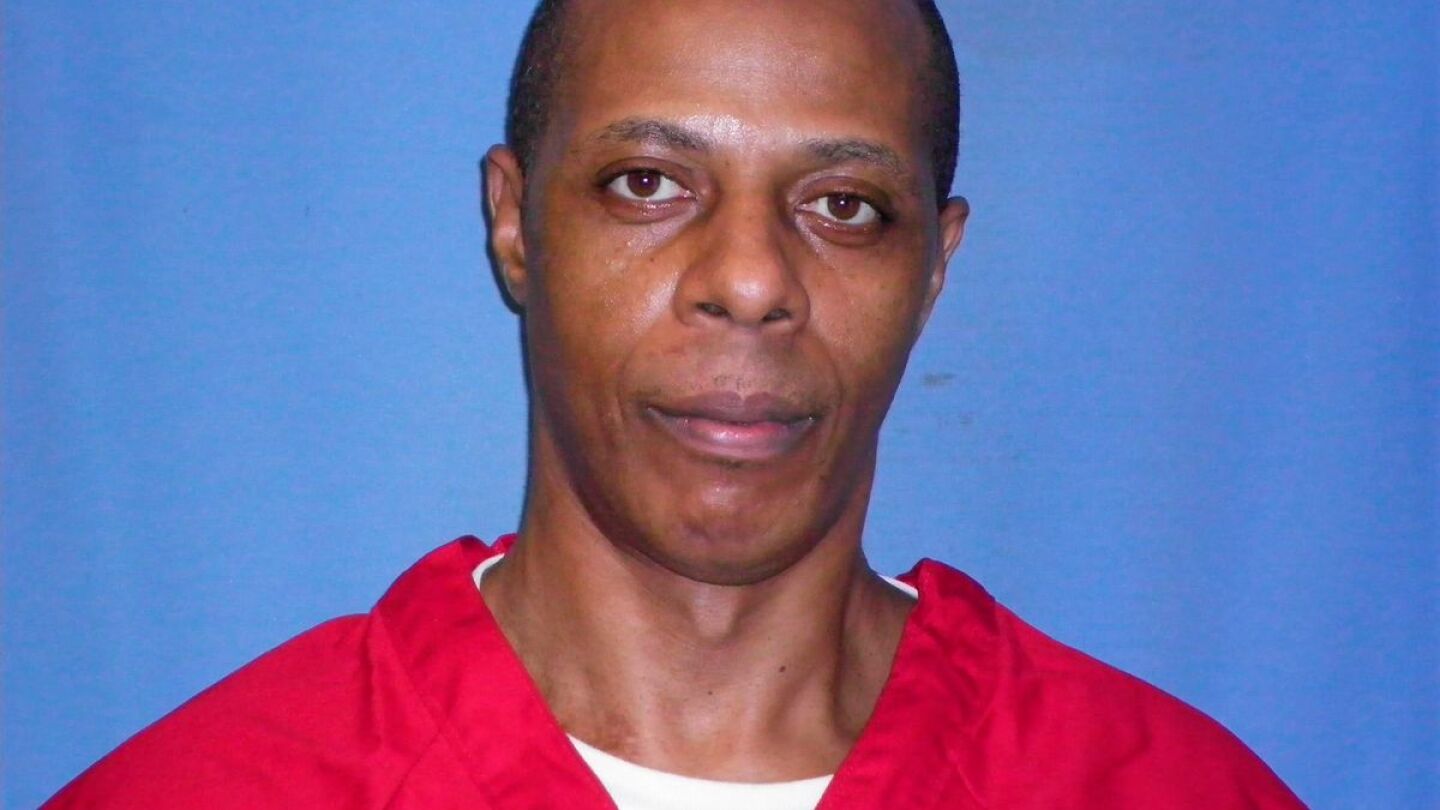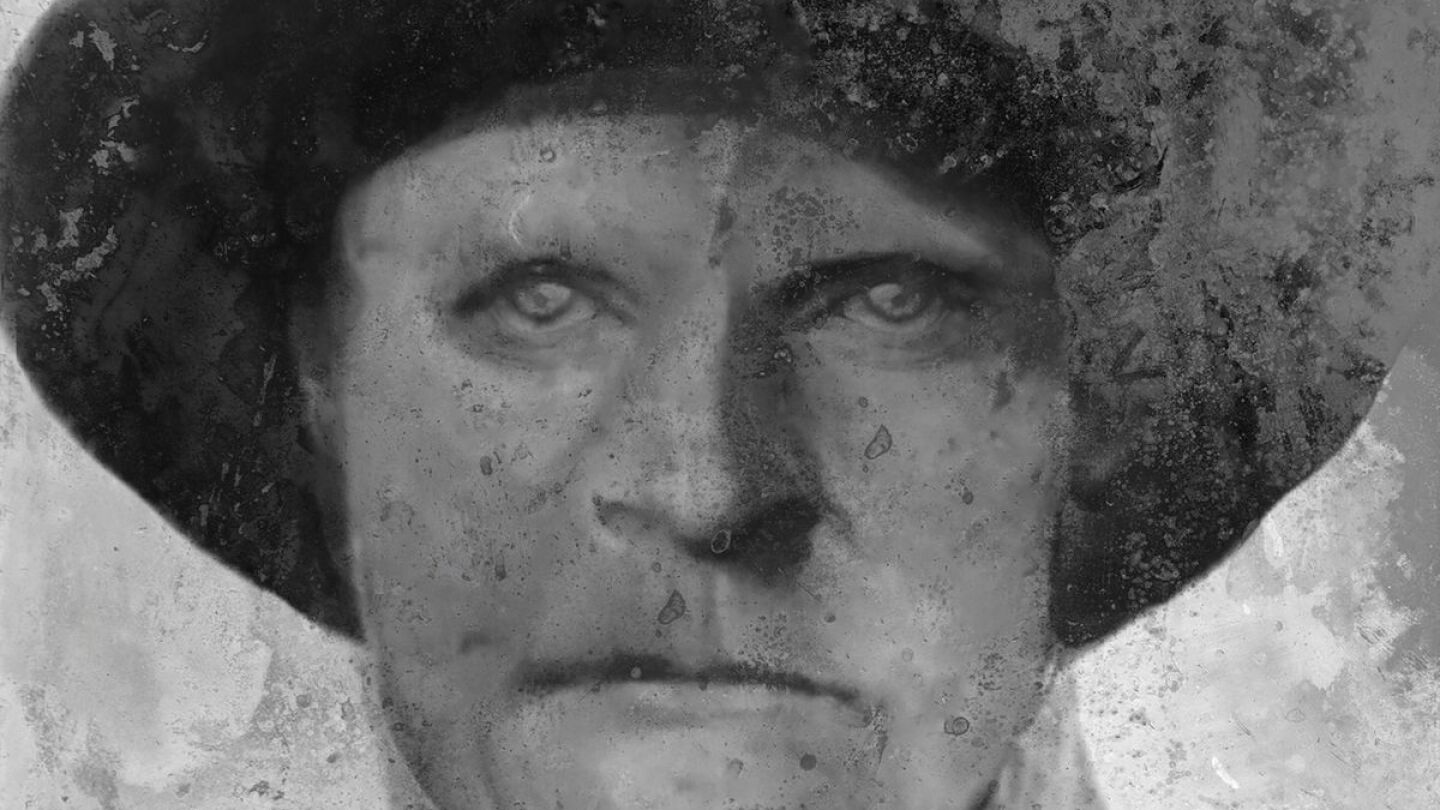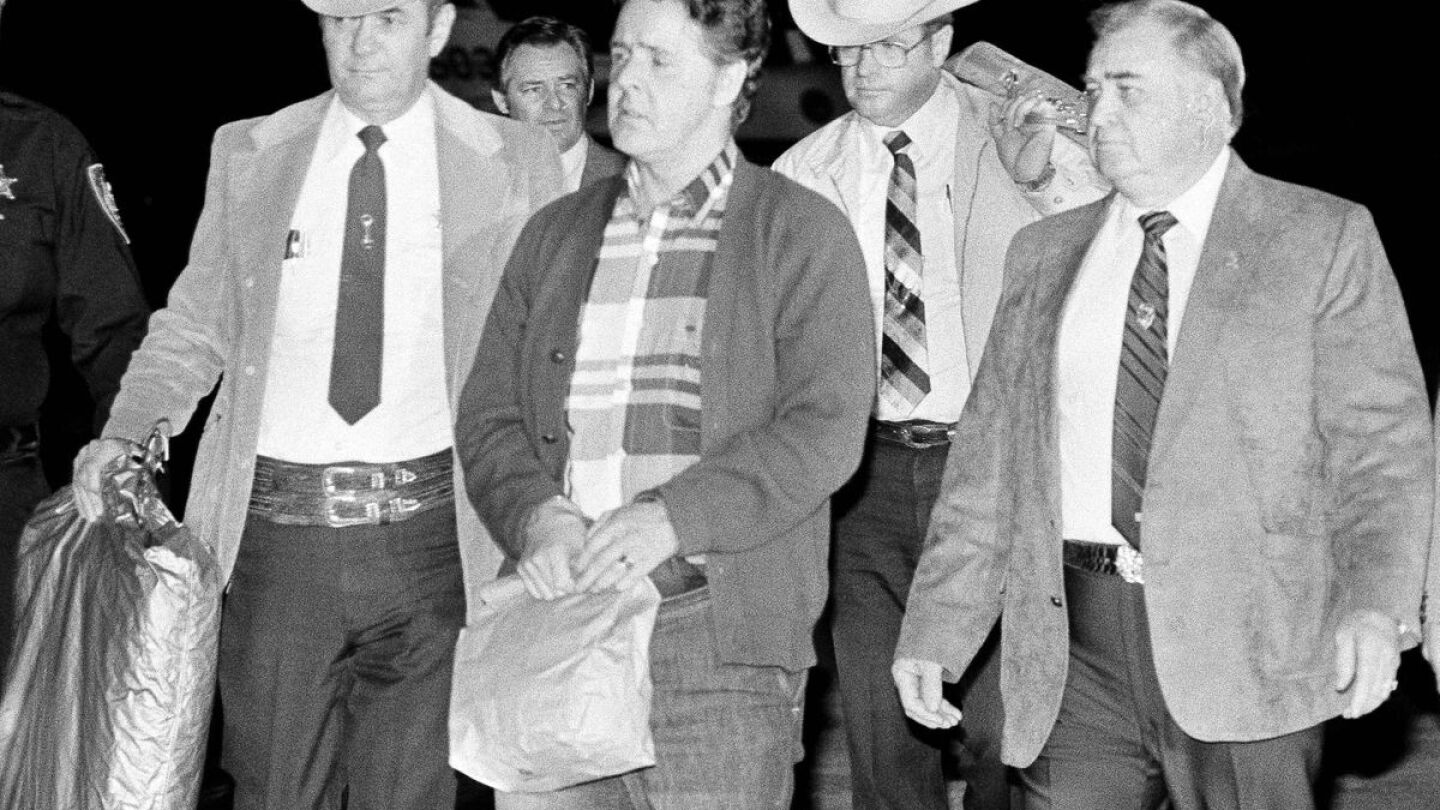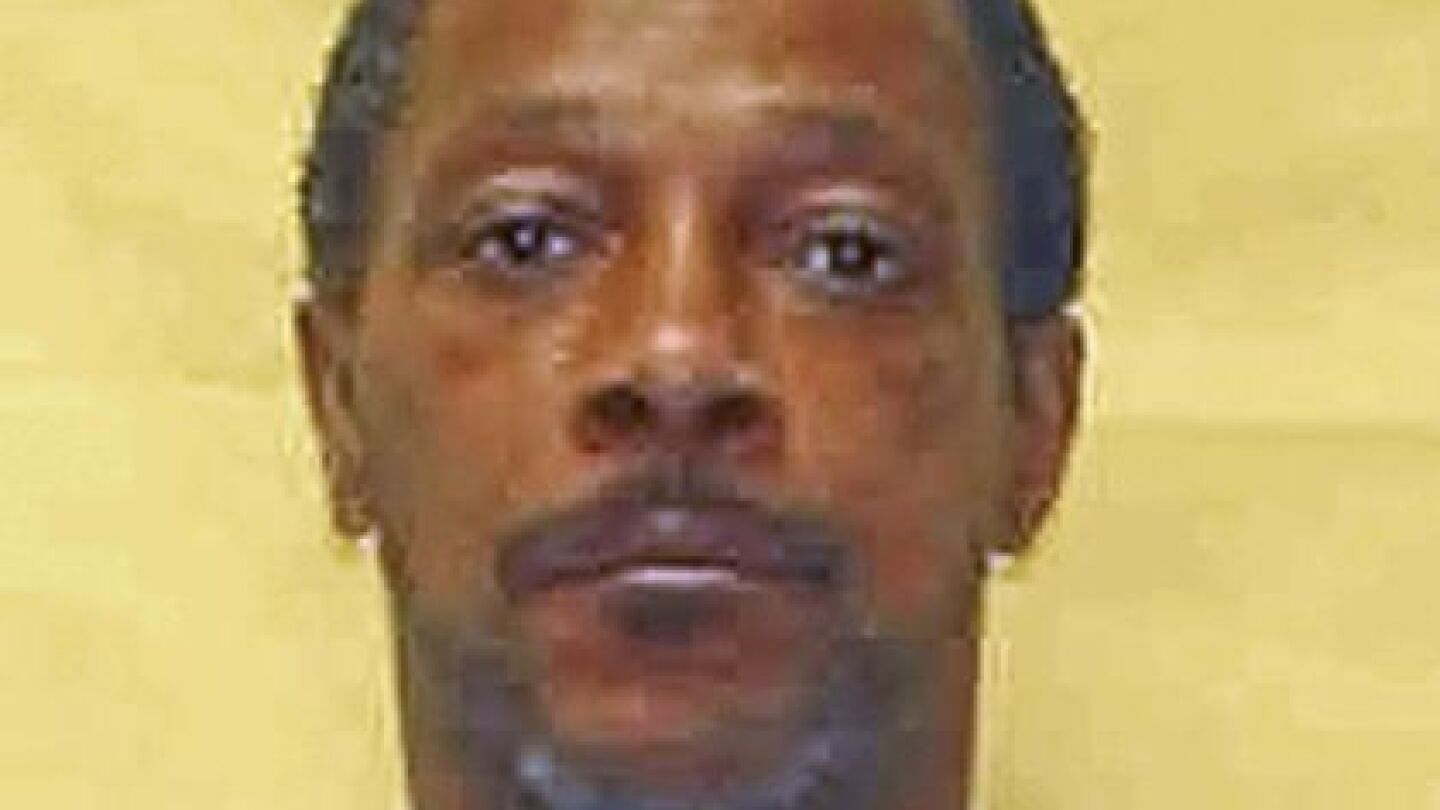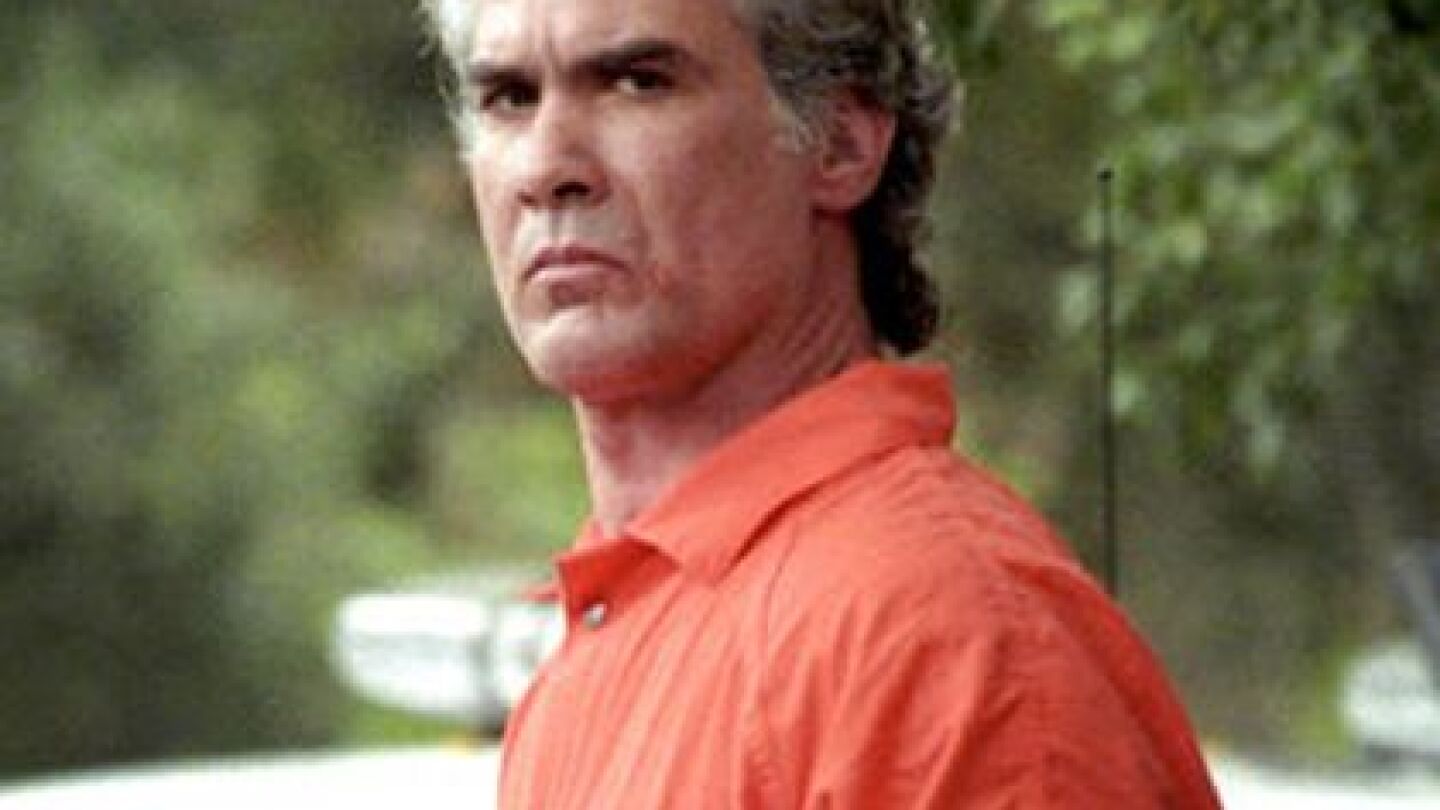DNA
DNA is critical in the criminal justice system, including within correctional facilities. This directory provides articles and resources on using DNA evidence for inmate identification, solving cold cases, and ensuring accurate convictions. Understanding DNA’s applications in corrections helps staff stay informed about advancements in forensic science and their impact on inmate management. For more information on related forensic topics, explore our section on Criminal Investigations.
Anthony Sanchez, 44, pronounced dead after a three-drug lethal injection, is the third man put to death in Oklahoma this year
Maurice Hastings was released from prison last year after long-untested DNA evidence pointed to a different suspect
Once the fire is under control, police property specialists will go inside and see what has been destroyed and what can be salvaged
Marquis Dunlap is being charged with second-degree murder charges in the death of Jermaine Trevion Wilson
A death row inmate had sought a specialized DNA analysis in hopes it would exonerate him
Pervis Payne had been scheduled to die Dec. 3, but he was granted a reprieve until April due to challenges created by the pandemic
Pervis Payne has always maintained his innocence in the 1987 stabbing deaths of a woman and her 2-year-old daughter
A previous request for DNA testing in 2006 was refused based on a Tennessee Supreme Court ruling that has since been overturned
A judge refused Wednesday to order DNA tests on a gun used to kill a convenience store cashier more than 30 years ago
The outlaw killed his wife with an ax and was last seen after escaping from jail in 1916
The Netflix docuseries “The Confession Killer” examines how serial killer Henry Lee Lucas earned the title of ‘most prolific killer in America’
So far, hundreds of jail inmates have had the insides of their cheeks swabbed, and the samples have been forwarded to Oklahoma State Bureau of Investigation, which will analyze and upload the genetic profiles to a national FBI database
Current law requires testing for those convicted of felonies and certain other offenses
Someone related to the donor had left DNA on the bodies of two prostitutes slain in the 1990s
Tommy Arthur’s attorney says a wig he wore during the murder is the only piece of physical evidence that can exonerate him
Prosecutors say advances in DNA testing and forensic evidence have called into question the theory of the crime that prosecutors presented at Evin King’s trial in 1995
A cold-case unit reexamined evidence and discovered a DNA match between Charles Holifield and evidence in the case
A judge vacated Christopher Tapp’s rape conviction and resentenced him to time served for the killing of Angie Dodd
Under current law, a person convicted of a sexual offense, or an offense relating to children or a person deemed incompetent, must submit to DNA testing
The former inmate’s life-without-parole sentence was overturned after DNA evidence cast doubt
The Innocence Project Northwest requested the new DNA testing
In a 6-3 decision Wednesday, the court ruled that no further DNA testing should be done because there was enough other evidence in the case
Similar cases have popped up elsewhere, illustrating the challenges of prosecuting a twin
Cathy Woods downed a cheeseburger at Archie’s in her first meal since she was freed
Henry McCollum: “I knew one day I was going to be blessed to get out of prison, I just didn’t know when that time was going to be”
Henry McCollum, 50, walked out of Central Prison in Raleigh, hugged his mother and father and thanked God for his release
Supreme Court found that DNA results heavily influenced the outcome of his original trial






